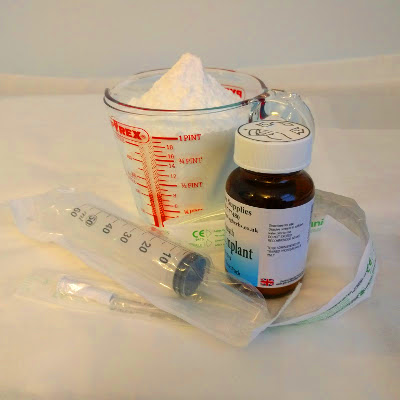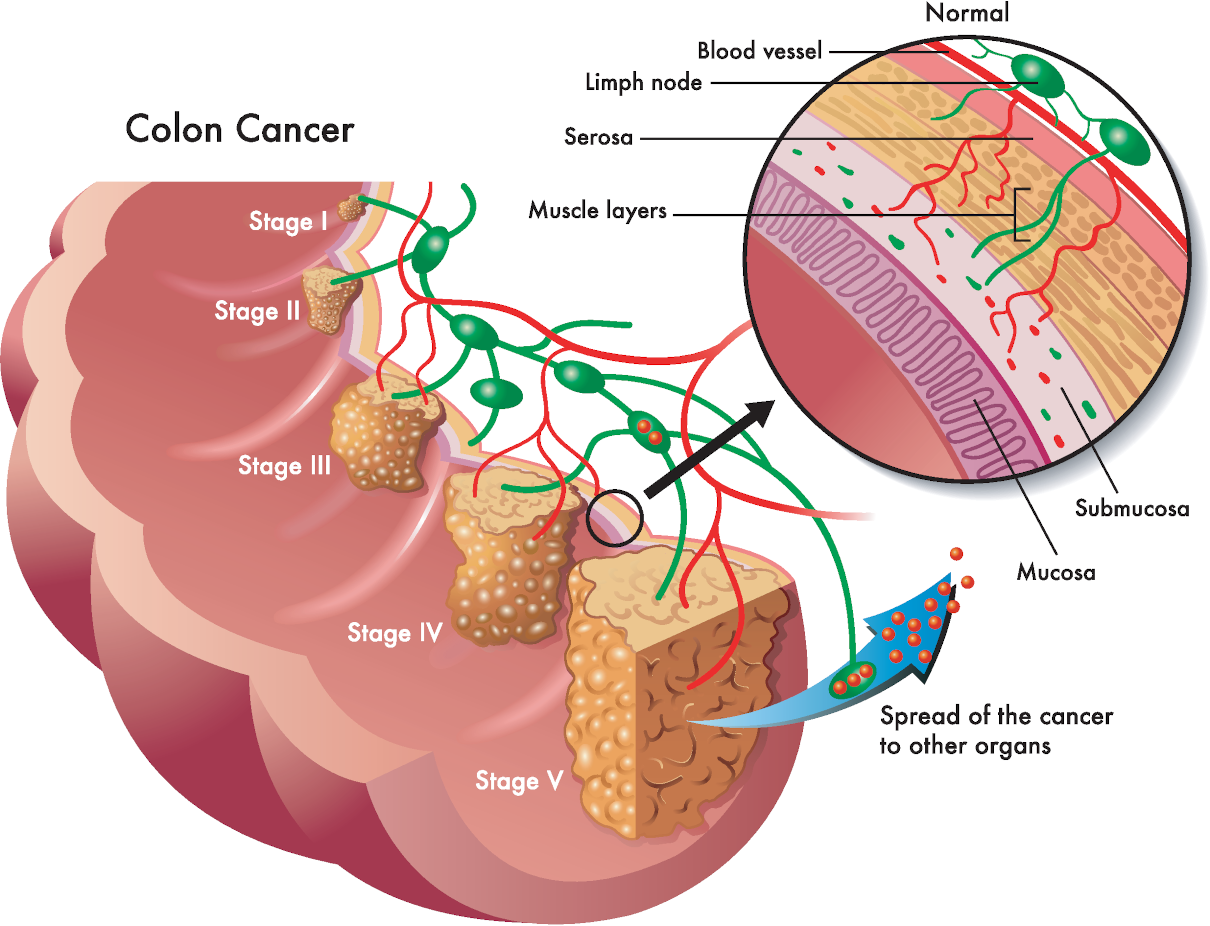
Cancer can develop in the small, large intestine or rectum. Besides, new growth often affects the large intestine, its descending section. The faeces may also have different shades of intestinal cancer.
Cancer that starts in the colon is called colon cancer.
Cancer that starts in the rectum is called rectal cancer.
Colorectal cancer is also a general concept for the colon and rectum.
Common stomach diseases or changes in the functioning of the intestines are common. That does not always mean a severe illness has developed, such as cancer. However, we recommend not ignoring any symptoms. Learn about the symptoms of the disease, for which you should consult your doctor.

Probiotic implant and alkalising colonic with bicarbonate of soda
Alkalising colonic irrigation with bicarbonate of soda and high strength probiotic implants and comprehensive consultation is available at Parkland Natural Health Clinic.
Symptoms
The main symptoms of intestinal cancer are
- changes in bowel functioning;
- changes in the appearance of faeces and changes in bowel movements;
- changes in the faeces colour;
- blood in the stool or bleeding from the rectum;
- Intestinal discomfort;
- cramping pain in the lower abdomen;
- unintentional weight loss, weakness and fatigue.
What do faeces look like in cases of intestinal cancer or other pathologies?
Permanent changes in bowel behaviour or blood in the faeces can be symptoms of colorectal cancer in any part of the colon or rectum. Also, in the case of intestinal oncology, the doctor will prescribe a stool test.
If you notice any of these changes, this signals to start taking measures and changing lifestyles simultaneously, and not just take note.
What faeces look like can be a good indicator of what happens inside the intestines. Therefore, small and solid faeces is an indicator of constipation. Then you need to see a doctor, especially if the wastes resemble goat droppings or when there is no stool.

Food intolerance test of 208 ingredients
This one is our most comprehensive food and drink test. The test analyses your client’s IgG antibody reactions to 208 food and drink ingredients. This test will highlight their food triggers and help you formulate an IgG-guided elimination diet together.
Cause
Variations of faeces shape. If the stool becomes thin and narrow like a tape shape, this may signify changes inside the colon. If the faecal matter is narrower than usual and mucus in the stool, should alert. So, consult your doctor to assess the condition.
The colour of faeces takes on a reddish hue due to the presence of blood in intestinal cancer. If you notice blood in the stool or darkened wastes, that may be evidence of changes in the rectum. Do not ignore when the faeces are bright red, black or very dark in colour. A doctor can help determine the cause.
Bear in mind that some foods can also stain the stool. In the case of intestinal cancer, a stool test will help identify the disease in its early stages. It is also advisable to undergo colonic irrigation to prevent and eliminate other pathologies.










